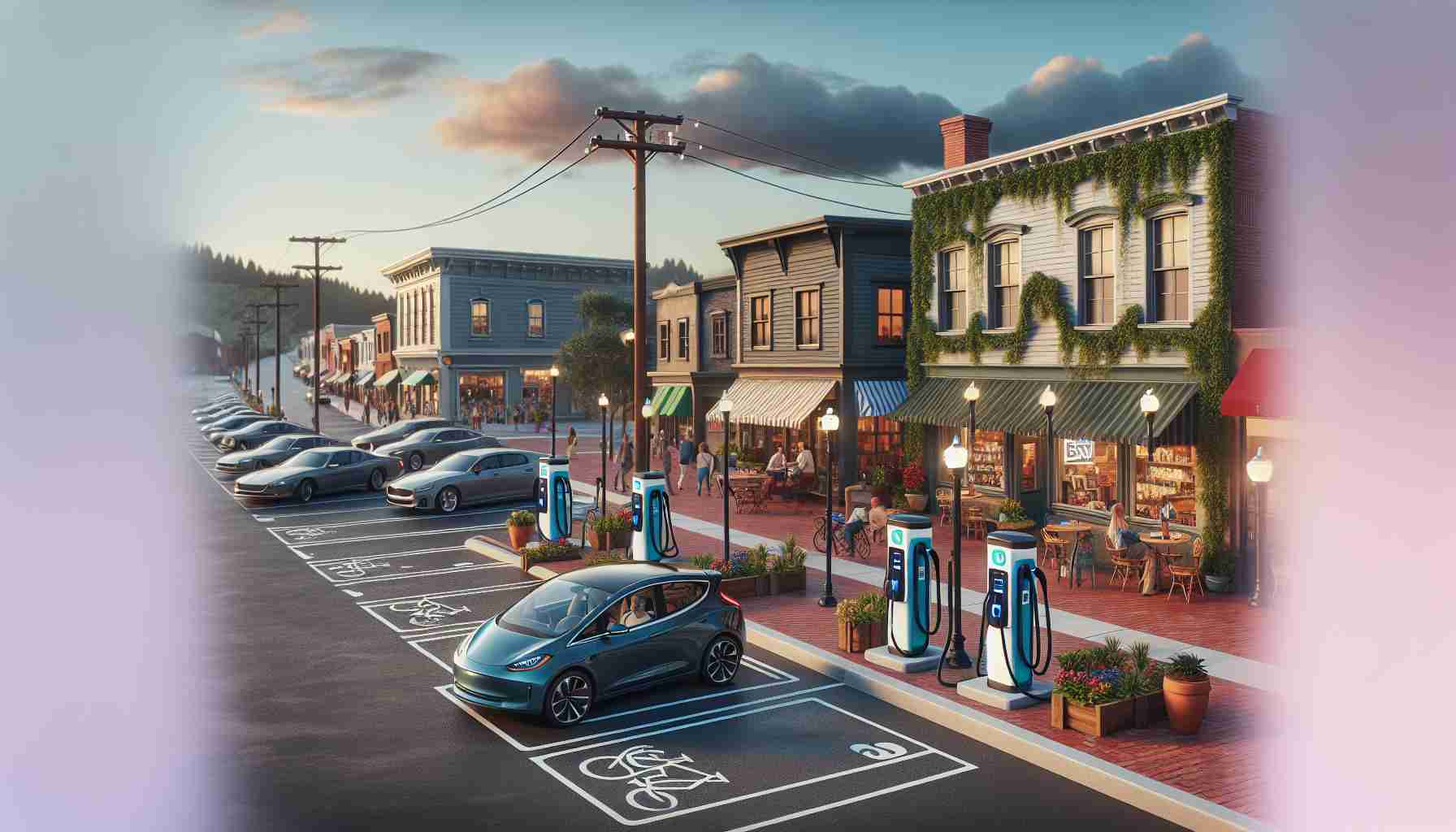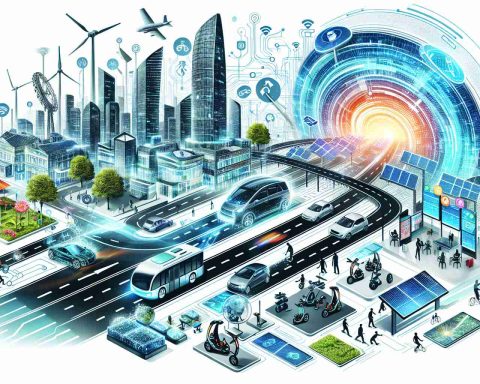The Economic Surge from Electric Vehicle Charging Stations
The installation of electric vehicle (EV) charging stations is not just beneficial for the environment; it’s also a savvy strategy for local economic growth. Recent research from the Massachusetts Institute of Technology (MIT) reveals that these charging stations can significantly enhance the financial health of nearby businesses, showcasing their importance beyond just high-income areas.
A detailed study, “Effects of electric vehicle charging stations on the economic vitality of local businesses,” published in Nature Communications, analyzed data from over 4,000 EV charging stations along with 140,000 businesses across California. The findings highlight a substantial increase in consumer spending connected to these installations.
Specifically, each EV charging station was linked to a 1.4% increase in annual spending at surrounding establishments in 2019, with this figure dropping slightly to 0.8% between January 2021 and June 2023. However, the boost in spending becomes even more prominent near popular destinations, increasing by 2.7% and 3.2% during the same timeframes for businesses like restaurants and hotels.
Importantly, the presence of EV charging stations in economically disadvantaged regions demonstrated a notable impact on local businesses, attracting both higher-income visitors and regional customers alike. Researchers underscored the potential of these charging stations to transform the economic landscape, enabling greater financial success for businesses through smart EV infrastructure investment.
The Economic Boom: How EV Charging Stations are Reviving Local Economies
The Economic Surge from Electric Vehicle Charging Stations
The installation of electric vehicle (EV) charging stations extends far beyond their environmental benefits; they are proving to be a key driver of economic vitality in local communities. Recent insights from a study conducted by the Massachusetts Institute of Technology (MIT) have illuminated how these charging stations bolster the financial health of neighboring businesses across diverse economic landscapes.
# Key Findings from the MIT Study
According to the comprehensive study, “Effects of electric vehicle charging stations on the economic vitality of local businesses,” published in Nature Communications, an analysis encompassing over 4,000 EV charging stations and approximately 140,000 businesses throughout California revealed a clear correlation between the presence of charging stations and increased consumer spending.
– Notable Impact on Spending: The research indicated that each EV charging station contributed to a 1.4% rise in annual spending at nearby businesses in 2019. Although this figure saw a decrease to 0.8% from January 2021 to June 2023, the economic uplift remains significant.
– Higher Gains Near Attractions: Businesses located near popular destinations experienced even greater benefits. Charging stations resulted in a 2.7% increase in spending in 2019, which further escalated to 3.2% for certain sectors such as restaurants and hotels during the same timeframes.
# Impacts in Economically Disadvantaged Areas
Perhaps most striking is the transformation seen in economically disadvantaged regions. The study underscored that the installation of EV charging stations not only attracts higher-income visitors but also bolsters patronage from regional customers, thereby revitalizing local businesses.
– Opportunity for Growth: Researchers emphasized that strategic investment in EV charging infrastructure has the potential to rejuvenate the economic landscape in struggling areas, providing a pathway for enhanced financial success for local enterprises.
Pros and Cons of EV Charging Stations
# Pros:
– Economic Boost: As highlighted, charging stations increase local business spending, particularly in hospitality and retail sectors.
– Attraction of Visitors: They serve as magnets for both local and out-of-town customers, improving traffic and visibility for businesses.
– Sustainability Focus: Supports the transition to greener energy, aligning with global sustainability goals.
# Cons:
– Installation Costs: Initial set-up and maintenance costs can be significant, posing a barrier for some municipalities and businesses.
– Technology Changes: Rapid advancements in EV technology might require frequent upgrades to charging facilities.
Future Trends in EV Infrastructure
As the adoption of electric vehicles continues to accelerate, trends indicate an increasing demand for widespread EV charging networks. Municipalities and business owners are likely to prioritize the installation of charging stations not only to accommodate growing EV ownership but also as a proactive measure to enhance local economic prospects.
– Enhanced Accessibility: Future infrastructure developments are expected to focus on creating more accessible charging networks in urban and rural areas alike.
– Integration with Smart Technologies: There is a growing trend toward integrating EV charging with smart city technologies to optimize resource allocation and improve user experiences.
Conclusion
Electric vehicle charging stations represent more than just a nod to environmental sustainability; they are a vital catalyst for economic growth in local communities. Through targeted investment in EV infrastructure, local businesses can tap into a steady influx of customers, making these stations a worthwhile consideration for economic revitalization.
For further information about the implications of EV infrastructure on local economies, visit the Nature Communications website.













